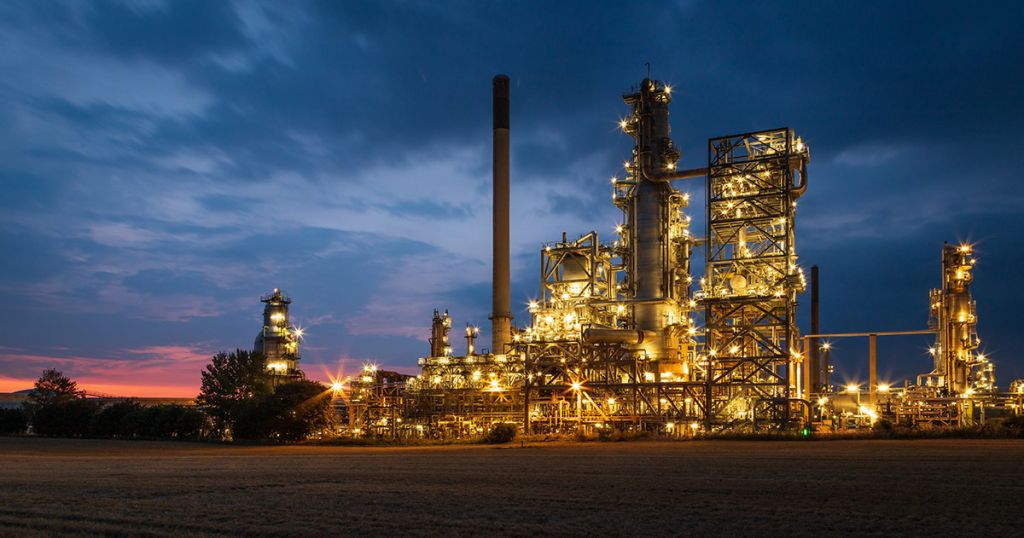The Middle East petrochemical market is seeing mixed demand for key petrochemicals as the region gradually recovers from the pandemic's impact.
Consumption of some goods remains weak due to the impact of COVID-19 on commodity prices and supply chain disruptions, as well as extremely high freight rates, all affecting the pace of demand recovery.
However, some other products, such as polymers, have begun to recover demand, supported by improved downstream consumption, especially in the area of food packaging.
In terms of polyolefins, most converters in Saudi Arabia and the UAE export finished products to Europe and Africa and receive orders.
The season in Riyadh is expected to boost consumption of packaged food and beverages, supporting demand for polyethylene and polypropylene.
Buyers of base oils (PE and PP) and polymeric methylene diphenyldiisocyanate (PMDI) are hesitant to pick up polystyrene imported cargo from Asia due to high shipping costs.
For base oils in the Middle East, the UAE market has ample supply of Group I materials, resulting in slow demand for more expensive spot cargo.
Production levels among the major base oil producers located in the Middle East are expected to remain stable throughout the last quarter of the year, with no confirmed maintenance stops scheduled until December.
In terms of PMDI, demand is expected to remain low throughout November.
The Gulf Cooperation Council (GCC) is expected to have a slight shortage of materials in November due to a reshuffle in a major Asian manufacturer, although it is unlikely that this will affect the PMDI market in the Middle East due to tepid buying activity.
However, working with Victoria Fortress, you can be sure of the timeliness and reliability of chemical supplies. We provide petrochemicals as long as the logistics services.
 English
English Русский
Русский 中文
中文
